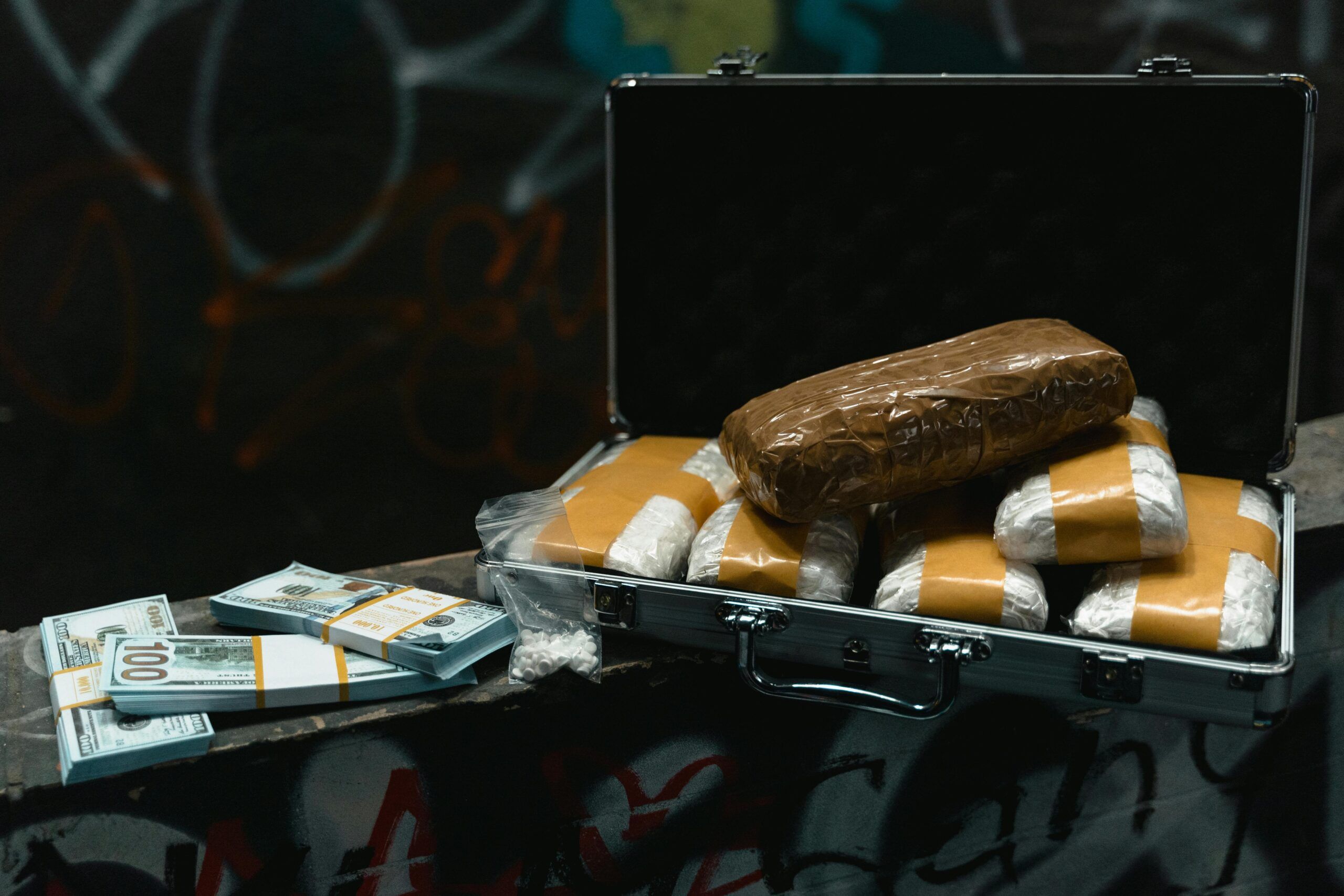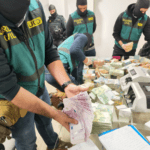Europol has supported Spanish authorities (Policía Nacional) in a transnational operation against a highly-organised network involved in both migrant smuggling and drug trafficking between Spain and Morocco. Authorities believe the group smuggled over 200 people and obtained over EUR 2.5 million in profits.
The action day led to the following results:
- 8 arrests, including the leaders of the criminal organisation (4 in Algeciras, 3 in Ceuta and 1 in Ibiza)
- 7 property searches in Algeciras, Ceuta and Ibiza
- Seizure of 22 kilos of cannabis and 10 800 tablets of a type of medication used by criminals to prepare a dangerous hallucinogenic mix known as “poor man’s drug”
- Seizure of almost EUR 50 000 in cash
- Seizure of 5 vehicles, 2 boats, weapons, electronic devices and navigation equipment
During the investigation, Europol provided expertise to the Spanish authorities and performed analysis of information that became crucial for the success of the operation. On the action day, an analyst was deployed on the ground to carry out checks against Europol’s databases, and facilitate the coordination of the operation.
A “full package” costing over EUR 14 000 per person
The criminal organisation housed migrants in Morocco and smuggled them to Algeciras via Ceuta, in recreational boats. Each migrant paid up to EUR 14 600 for the journey from Morocco to Spain. There, the smugglers arranged accommodation for the migrants, where they lived in precarious conditions, with little access to food and often under constant threat.
Along with migrants, the members of the criminal group simultaneously trafficked big amounts of cannabis resin to Spain, using the same vessels. On the way back to Morocco, the gang smuggled Clonazepam in order to maximise their benefits.
The Spanish branch of the network operated from Ceuta and Algeciras, whereas the head of the Moroccan branch had his residence in Ibiza. The criminal group, comprised of Spanish and Moroccan nationals, operated through a three-tiered hierarchical structure: leadership and coordination, maritime execution, and ground-level logistics.
Minors lured to perform smuggling operations
The network used minors as skippers in maritime smuggling operations, often recruited and trained by the organisation itself. This fact not only highlights and amplifies the risk of accidents and fatalities but also exposes vulnerable youngsters to exploitation and coercion. This practice illustrates the ruthless and dehumanising nature of criminal networks, which prioritise profits over human life.
As mentioned in Europol’s EU Serious and Organised Crime Threat Assessment (EU-SOCTA) 2025, migrant smuggling has a high impact on the EU and its Member States, as it is a complex challenge that combines security threats with social implications. Fighting organised crime behind facilitation of irregular migrants to the EU requires concerted efforts and significant investment from law enforcement and other authorities.
More information: Europol







Leave a Reply